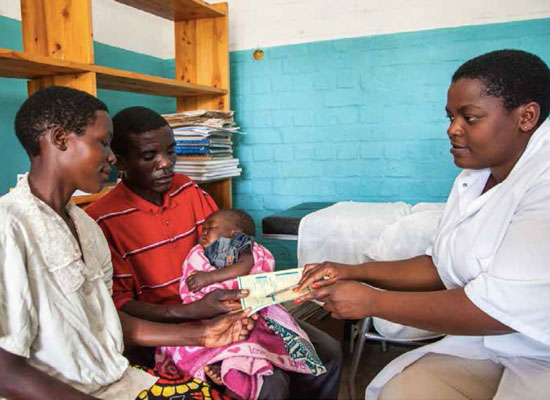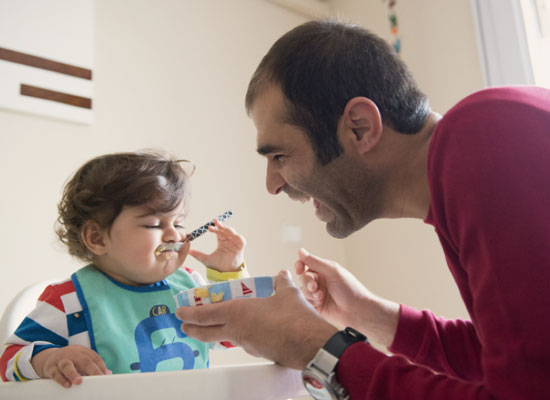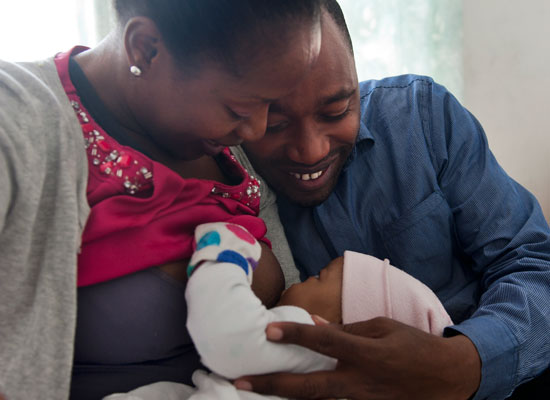
The series consists of practical, how-to guides that include step-by-step processes and worksheets to help guide partners' work to challenge and change harmful gender norms through comprehensive approaches. The guides are widely applicable and easily adaptable across a variety of thematic areas of work, providing partners with the tools to develop skills and action plans for their communications, advocacy, and engagement with key stakeholders. …

For the past two decades, MenCare partner AÇEV in Turkey has been making strides to engage fathers to increase their role in their children’s lives, having identified fatherhood as an entry point for broader social change toward gender equality at home and at work. The organization’s efforts have followed three primary strategies: father-support programs, private-sector engagement, and evidence-based publications. …

On 29 November 2018, the Constitutional Court will consider the constitutionality of the use of corporal punishment in the home. The Constitutional Court has prohibited corporal punishment in detention settings in 1995 and in schools in 2000, and this case presents the opportunity to prohibit its use in the home. …

The care economy raises a huge range of problems and opportunities for governments, but one issue that is more or less constant across the world is the uneven distribution of unpaid care work: this tends to fall far more on women. …

From November 25 to December 10 each year, thousands of organizations around the world participate in the 16 Days of Activism Against Gender-Based Violence Campaign. MenCare is joining these voices in advocating and acting against gender-based violence (GBV). The 16 Days Campaign aims to raise awareness, strengthen local and national programs, and advocate for government policies to eliminate …

It was a very hard period for my wife and me after we had our first child. She had delivered by C-section, and therefore it was not easy for her to take care of the baby, breastfeed, or do other work at home like cooking. …






